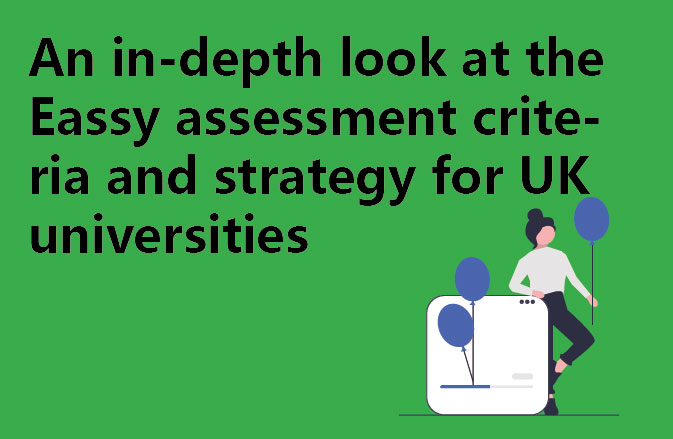Firstly, we need to be clear that Essay assessment centres on its structure, topic, literature reading and critical thinking. Below is a detailed grading rubric, so be sure to read it carefully to better guide your children in their writing.
1. Basic Structure
When evaluating Essays, professors usually focus on the following aspects:
(1) Is the writing style objective and fair? Overly subjective expressions often lack academic rigour;
(2) Is the structure of the essay clear and concise? Do not create your own structure and avoid redundant and useless content;
(3) Is the format of references standardised and accurate? After you have finished writing, be sure to proofread carefully;
(4) Are there any errors in grammar and spelling? You can easily solve these problems with an efficient touch-up tool.
2. Focusing on the topic
When evaluating essays, professors will also focus on the following aspects:
(1) Is the core idea of the essay clearly and unambiguously conveyed? Professors prefer a direct and clear presentation;
(2) Is the essay off-topic? Be sure to examine the question carefully and deeply understand the professor’s intention of the assessment;
(3) Is the essay on topic? Professors can use literature reading to judge how well students understand the issues.
3. Literature Reading
When evaluating Essay, professors will also pay attention to the following aspects:
(1) Has the student read a wide range of high-quality literature? The number of references should not be too small, or the professor may think that the student has not thought deeply;
(2) Is the literature closely related to the problem? Professors can gain insight into the depth of a student’s understanding of the problem.
4. Critical Thinking
When evaluating essays, professors pay particular attention to whether students have critical thinking skills. Here are some specific criteria for evaluation:
(1) Is the critical thinking reasonable and persuasive? Do not use irrelevant words to deal with the professor, it must be a reasonable criticism based on facts, not blind criticism;
(2) Does critical thinking follow logical reasoning? Professors expect to see students’ critical thinking to drive the issue deeper.
All in all, understanding and mastering the above assessment criteria will help children to be more comfortable in writing Essay. If you are still confused or unable to grasp this, please feel free to contact our professional team and we will be happy to provide you with all-round services and support!
Last but not least, we wish all the children a great success in their overseas studies!




